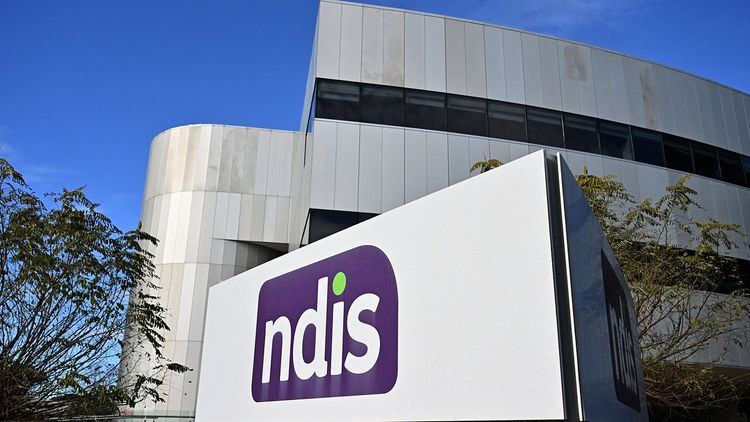A convicted child rapist was handed $1.4million by the National Disability Insurance Scheme which has paid out millions to sex offenders when they walk free from jail.
Repeat and high-risk offenders, considered too dangerous or vulnerable to live in specialised facilities, are receiving top-level funding from the NDIS to live in secure accommodation under supervision in the community.
Convicted sex offenders diagnosed with serious mental illnesses, or a mild-to-medium intellectual disability, are also among the recipients receiving the support, the Sydney Morning Herald reported.
Court documents have revealed the money is being used to place the criminals in secure accommodation that is in line with their court-ordered supervision plans.
A 40-year-old Victorian man, who was convicted of rape, sexual assault, indecent acts with a child under 16, make and possess child abuse material and stalking, was allocated $1.4million to pay for around-the-clock supervision.
Hundreds of thousands of taxpayer dollars are being spent by the NDIS to support rapists and paedophiles find secure accomodation following their release from jail
He was diagnosed with a mild-to-medium intellectual disability, a personality disorder, complex post-traumatic stress disorder, paedophilic disorder and compulsive sexual behaviour disorder.
The man is set to be housed in secure accommodation in a regional Victorian town where he will require 24/7 supervision from two staff members.
A court was told the NDIS was willing to spend $1.4million to support the man.
The terms of the arrangement will be finalised by a judge after the construction of the secure unit is completed and it undergoes a security check.
A second convicted paedophile, a 44-year-old man from Queensland, received a support package worth $500,000 from the NDIS scheme.
He has convictions for the indecent treatment of a child (three counts), sexual assault, choking, suffocation and strangulation.
The man was diagnosed with a mild intellectual disability, very low intelligence, antisocial personality disorder and psychopathic traits.
He received half-a-million dollars in support despite a judge declaring the man had 'probably lied to occupational therapists and others who have assessed him for a NDIS support package'.
Repeat and high-risk sex offenders considered too dangerous or vulnerable to live in specialised facilities are instead receiving top-level funding from the NDIS to live under supervision in the community (stock image)
A third recipient, a 63-year-old man from NSW, was allocated $100,000 from the scheme between 2022 and 2023.
The man was convicted of incest involving sexual assault (two counts), breaching parole, failure to comply with obligations of being a registered sex offender.
The 63-year-old also admitted to allegations of sexual violence during marriage.
He was considered eligible for $100,000 of NDIS funding after he was diagnosed with below-average intelligence, major depressive disorder, sexual sadism disorder and severe psychopathic personality disorder.
The man was not placed on a supervision order, with a judge in the Supreme Court of NSW stating it was likely his 'depressive symptoms and related impairments' that had made him eligible for the NDIS funding.
The NDIS said it didn't know how many sex offenders with disabilities were currently receiving financial support from the scheme.
'Every Australian, regardless of any previous criminal conviction, is entitled to access support systems offered by government to help them live their life. Such supports may be crucial in reducing the risk of further re-offending,' a spokesperson said.
The NDIS will cost taxpayers $42billion this financial year and $90billion by 2031. About 646,000 Australians take part in the disability scheme but only about 100 receive packages worth over $1million.
Participants with an intellectual disability received an average payment of $98,100 in the 2023/24 financial year - an increase of 13 per cent from the previous year.
The NDIS paid a total of $8.54billion to participants with an intellectual disability in the same period, compared to $7.17billion in the previous financial year.


















































